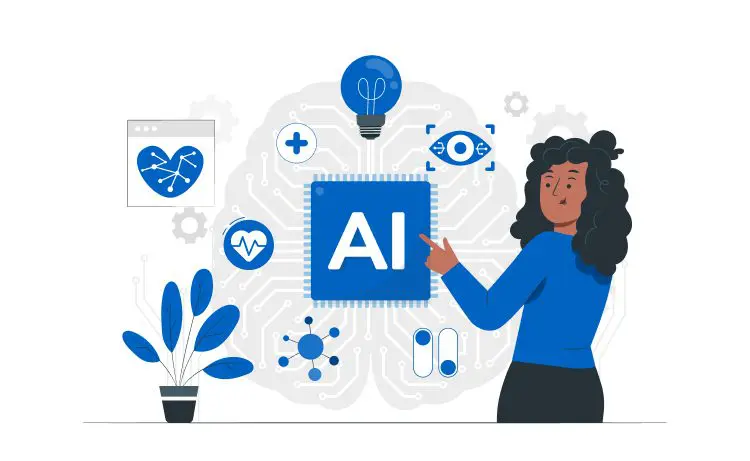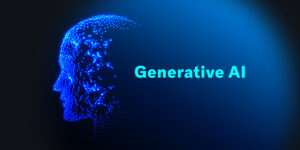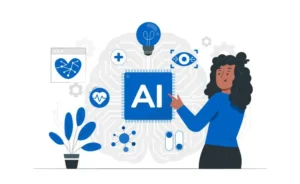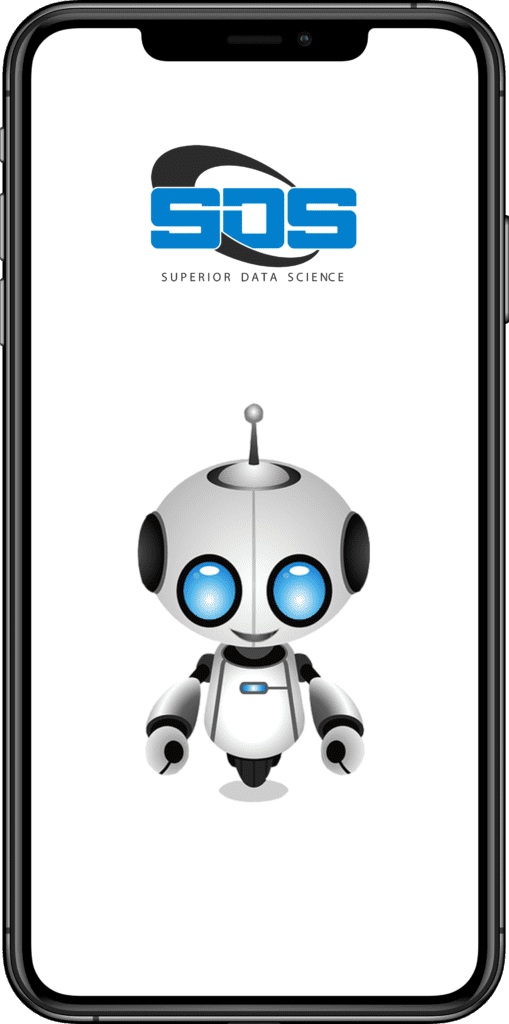Introduction
Generative Artificial Intelligence (Generative AI) stands at the forefront of technological innovation, revolutionizing various industries. In healthcare, its impact is particularly profound, ushering in a new era of diagnostics and drug discovery. This article delves into the nuances of how Generative AI is transforming the healthcare landscape.
Applications in Diagnostics
Image Recognition
Generative AI exhibits remarkable capabilities in image recognition, allowing for faster and more accurate diagnosis through the analysis of medical images.
Medical Data Analysis
The ability to process and analyze vast amounts of medical data is a game-changer, providing valuable insights for early disease detection and prevention.
Generative AI in HealthCare Impact on Drug Discovery
Speeding Up the Process
Generative AI accelerates drug discovery by swiftly analyzing complex biological data, reducing the time and resources required for the development of new medications.
Drug Design and Development
The technology contributes to the design and development of novel drugs, offering a more targeted and efficient approach to treatment.
Addressing Perplexity With Generative AI in Healthcare
Understanding Medical Complexity
Generative AI navigates the intricate world of medical information, decoding complex data sets to provide comprehensive insights.
Tailoring Solutions
Customizing solutions for specific medical challenges, Generative AI addresses the perplexity inherent in healthcare.
Burstiness in Generative AI
Adaptability to Rapid Changes
Generative AI’s ability to adapt to rapid changes in medical research and technology ensures that it stays at the forefront of advancements.
Handling Massive Data Sets
The technology efficiently manages massive datasets, allowing for thorough analysis and extraction of meaningful patterns.
Specificity in Diagnostics
Precision in Disease Identification
Generative AI enhances diagnostic precision, identifying diseases at early stages with a high degree of accuracy.
Customizing Treatment Plans
Tailoring treatment plans based on individual patient data ensures a more personalized and effective approach to healthcare.
Contextual Integration
Working Alongside Medical Professionals
Generative AI collaborates with healthcare professionals, augmenting human expertise and fostering a symbiotic relationship between technology and healthcare.
Enhancing Human Expertise
Rather than replacing human professionals, Generative AI enhances their capabilities, providing valuable support and insights.
Conversational AI in Healthcare
Improving Patient Communication
Conversational AI in healthcare facilitates better communication between patients and medical professionals, improving the overall patient experience.
Virtual Health Assistants
The integration of virtual health assistants powered by Generative AI streamlines administrative tasks, allowing healthcare providers to focus on patient care.
Active Voice in Medical AI
Real-time Decision Support
Generative AI’s active voice in providing real-time decision support empowers medical professionals to make informed choices promptly.
Interactive Medical Reports
Interactive medical reports generated by AI ensure that healthcare professionals receive comprehensive and easy-to-understand information.
Analogies and Metaphors in AI Communication
Simplifying Complex Concepts
Using analogies and metaphors, Generative AI simplifies complex medical concepts, making them more accessible to a broader audience.
Making Medical Information Accessible
By translating medical jargon into everyday language, Generative AI bridges the gap between medical professionals and the general public.
Keeping It Brief in Healthcare Communication
Condensing Information Effectively
In healthcare communication, the ability to convey crucial information concisely is paramount, and Generative AI excels in presenting information in a brief yet comprehensive manner.
Importance of Clarity
Ensuring clarity in medical communication is crucial, and Generative AI plays a pivotal role in presenting information in a clear and understandable way.
Rhetorical Questions in Medical Content
Engaging the Audience
Rhetorical questions engage the audience, prompting them to think critically about medical information and fostering a deeper understanding.
Stimulating Critical Thinking
By posing thought-provoking questions, Generative AI stimulates critical thinking, encouraging individuals to actively participate in their healthcare journey.
Conclusion
In conclusion, Generative AI in healthcare is a transformative force, reshaping diagnostics and drug discovery. Its ability to address perplexity, handle burstiness, provide specificity, and integrate context makes it an invaluable asset in the evolving landscape of healthcare.
FAQs
How does Generative AI enhance diagnostics?
Generative AI enhances diagnostics by providing accurate and rapid analysis of medical images and data, leading to early disease detection.
Can AI replace human expertise in healthcare?
No, Generative AI complements human expertise, working alongside healthcare professionals to enhance their capabilities and provide valuable insights.
What challenges does AI face in medical applications?
AI faces challenges such as ethical considerations, data security, and the need for continuous adaptation to evolving medical knowledge and technology.
How can patients benefit from Conversational AI in healthcare?
Conversational AI improves patient communication, making it more accessible and efficient, and virtual health assistants enhance the overall patient experience.
What ethical considerations exist in the use of AI in medicine?
Ethical considerations include patient privacy, bias in algorithms, and the responsible use of AI to ensure fair and just healthcare practices.
